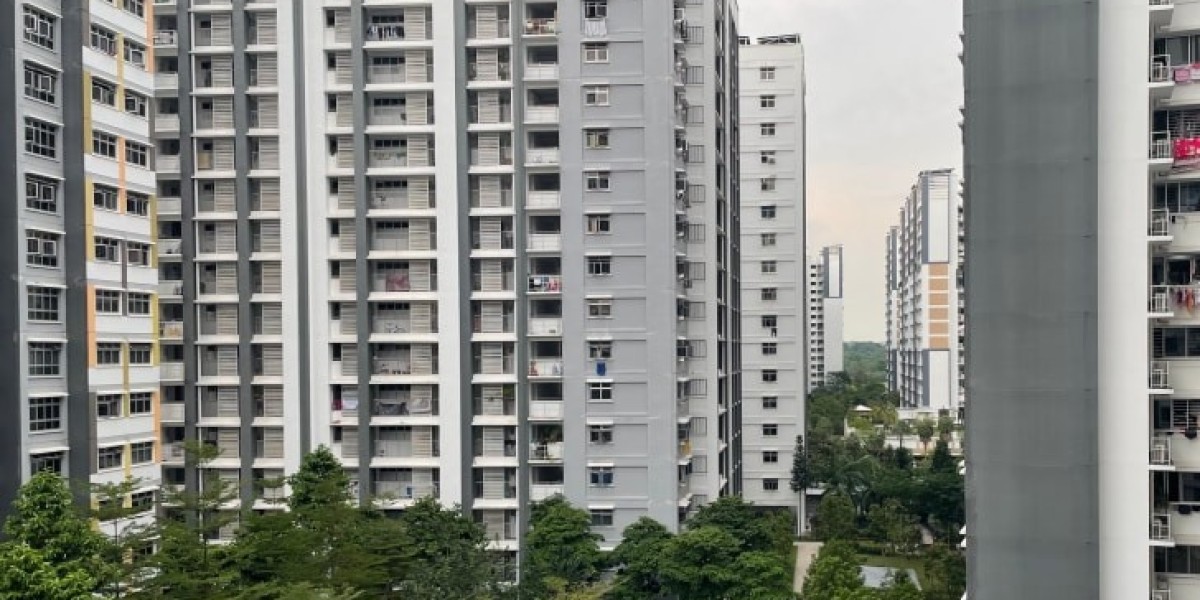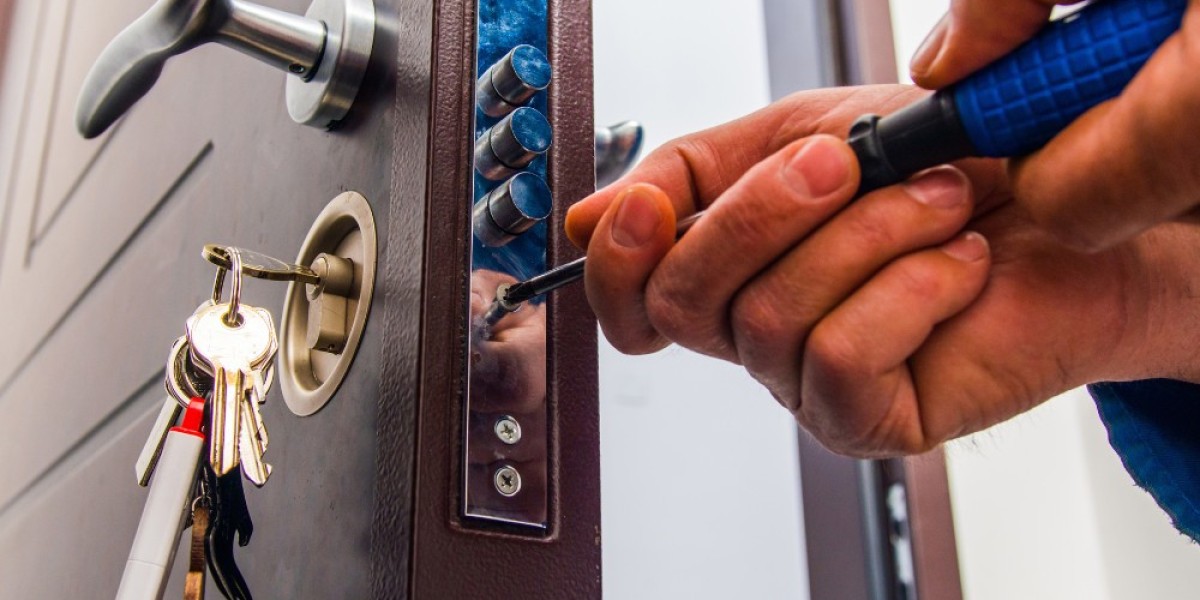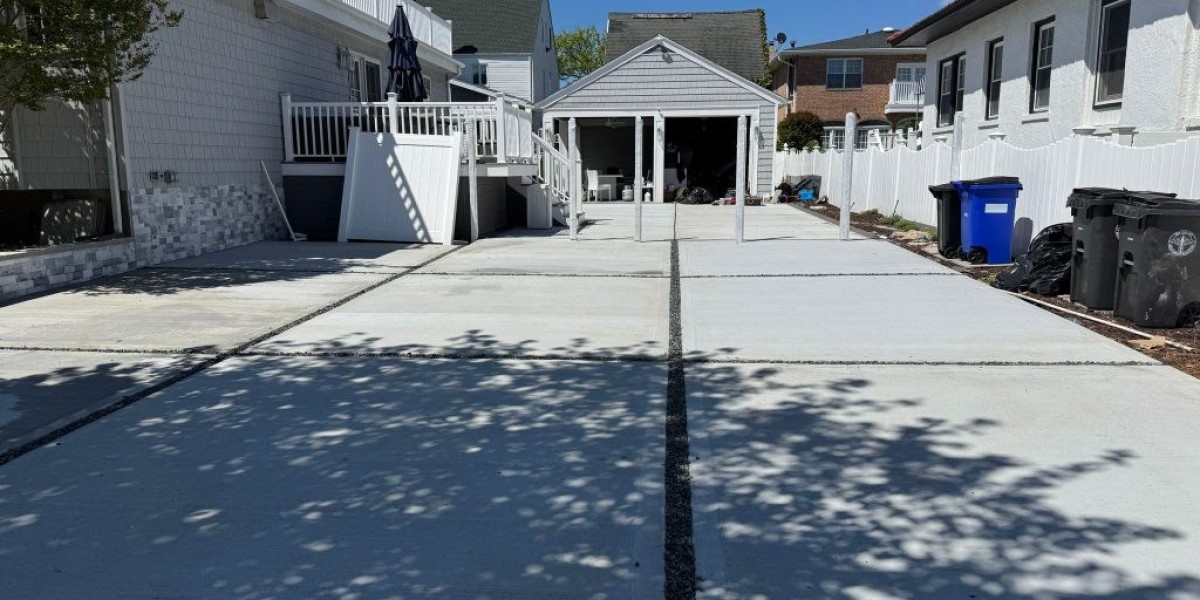What Is HDB and Private Property?
HDB Flats
HDB stands for the Housing & Development Board, and these flats are public housing built and regulated by the government. Around 80% of Singaporeans live in HDB flats, which are known for their affordability and accessibility.
Private Property
Private properties include condominiums, apartments, landed houses, and executive condominiums (after their Minimum Occupation Period). These are developed by private developers and not subsidized by the government. They are generally more expensive and come with exclusive facilities like pools, gyms, and private security.
Upfront Costs and Affordability
HDB: Lower Barrier to Entry
One of the key attractions of HDB flats is affordability. First-time buyers can tap into government grants such as the CPF Housing Grant, which significantly reduces the financial burden. The minimum downpayment is also lower, and financing is easier for most.
Private Property: Higher Initial Investment
Private properties come with steeper price tags. A 20% downpayment (5% cash, 15% CPF or cash) is required, and loans are more tightly regulated. This upfront cost limits entry to higher-income earners or seasoned investors.
Capital Appreciation Potential
HDB: Limited Growth
HDB flats are not intended for speculative gain. The resale value is highly regulated, and prices tend to grow at a slower pace. Some older flats may even depreciate, especially if they are not selected for the Selective En Bloc Redevelopment Scheme (SERS).
Private Property: Stronger Capital Growth
Private properties often enjoy greater capital appreciation, especially in prime areas like Orchard Road, East Coast, or Marina Bay. Their scarcity, location, and market-driven pricing allow for stronger growth over the long term.
Rental Yield and Passive Income
HDB: Modest Rental Income
HDB flats can be rented out, but only after meeting the 5-year Minimum Occupation Period (MOP). Rental income is modest, and restrictions apply — especially for non-citizens.
Private Property: Higher Rental Returns
Private condos attract expatriates and high-income tenants, allowing landlords to charge premium rents. Locations close to business hubs, MRT stations, and international schools tend to see high demand. This makes private property a more attractive option for those looking to generate passive income.
Appreciation vs. Depreciation Over Time
HDB: Lease Decay Concerns
Most HDB flats come with a 99-year lease. As they age, the value tends to decline, especially once the remaining lease drops below 60 years. This could affect resale value and loan eligibility.
Private Property: Better Longevity
Private condos and landed homes can be either 99-year leasehold, 999-year leasehold, or freehold. Freehold properties, in particular, hold value better over time, making them more attractive for long-term wealth preservation.
Government Policies and Restrictions
HDB: Tightly Regulated
HDB properties are governed by many rules: income ceilings, ethnic quotas, citizenship eligibility, and resale restrictions. These can limit market demand and appreciation potential.
Private Property: More Market-Driven
While still regulated, the private property market is more dynamic. Foreigners can buy condominiums (with some restrictions on landed homes), and there are fewer ownership limitations. However, cooling measures like the Additional Buyer’s Stamp Duty (ABSD) still apply.
Maintenance and Amenities
HDB: Basic but Functional
HDB estates offer communal amenities like hawker centres, shops, schools, and playgrounds. Town councils maintain the buildings, but amenities are basic compared to private options.
Private Property: Luxury Living
Condos offer lifestyle facilities — swimming pools, tennis courts, gyms, BBQ pits, and 24-hour security. This enhances quality of life and appeals to tenants, particularly expatriates.
Liquidity and Exit Strategy
HDB: Limited Buyer Pool
Reselling HDB flats can take longer due to the limited eligible buyer pool. Market liquidity is also affected by MOP and location.
Private Property: More Liquid Market
Private properties tend to be easier to sell due to higher demand and more flexible ownership rules. The buyer pool includes both locals and foreigners, which increases liquidity.
Investment Horizon
HDB: Suitable for Homeowners First
HDB is best viewed as a place to stay, not an investment tool. It's great for young couples and families looking for stability and affordability.
Private Property: Better for Long-Term Investors
If your goal is to build wealth over the long term, private property is generally more suited. It offers stronger appreciation, rental returns, and exit flexibility.
Case Example: Boulevard Coast EC
For those seeking a balance between affordability and investment potential, consider Executive Condominiums (ECs) like Boulevard Coast EC. These start as subsidized housing but become fully private after 10 years. They offer condo-like amenities at a lower price, making them a smart entry point for aspiring private property investors.
Final Thoughts: Which Is Right for You?
The decision between HDB vs private property for long-term investment depends on your goals:
If you're starting out and value affordability: HDB makes sense.
If you're planning for long-term gains and can afford the higher entry cost: private property is superior.
If you want a hybrid with future upside: Executive Condominiums like Boulevard Coast EC might be ideal.
Evaluate your financial standing, investment horizon, and lifestyle needs carefully. In real estate, the best decision is always one that aligns with your personal journey, not just the numbers.
Important Link
Tampines Street 95 EC Developer
Tampines Street 95 EC Project Details
Tampines Street 95 EC Location
Tampines Street 95 EC Site Plan
How to Spot a Profitable Condo Investment Opportunity in Singapore
Top Mistakes Homebuyers Make When Choosing a Condo
Comparing Executive Condominiums and Private Condos in Singapore
Best Singapore Condos for Work-from-Home Professionals
How to Evaluate a Condo Developer’s Track Record Before Buying
Tampines Street 95 EC Urban Pulse Deep Dive
Tampines Street 95 EC Developer
Tampines Street 95 EC Location
Tampines Street 95 EC Site Plan
Tampines Street 95 EC Sim Lian
Tampines Street 95 Executive Condo
Tampines Street 95 Executive Condominium
Tampines Street 95 EC Project Details








